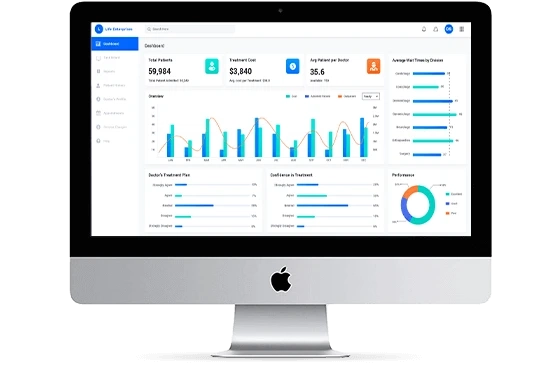Most people don't know how to take care of their health. Despite the abundance of websites and free instructional movies available online, knowledge about diseases and their causes is surprisingly rare. Therefore, patients benefit from learning more about their illness and the recommended way of living.
This is where patient engagement mobile apps come into play. They act as a platform for education so that people can gain all the knowledge they require about self-care. Additionally, medical professionals can connect with their patients through mobile health management services applications and share pertinent information to raise patients' awareness. information on what foods to consume or avoid, as well as suggestions for exercises.
Increases Patient Participation in CareAs was previously indicated, a lack of two-way communication simply entails patients obeying their doctors' directions. However, HIPAA compliant solutions that enable patients to have a bigger say in their care have been made possible by custom health app development. Listening to your doctor is no longer sufficient.
Even patient engagement solutions may access their health information and communicate with clinicians through mHealth applications. On hospital mobile apps, patients can view test results, imagery, scans, and prescriptions and communicate with doctors about them. The nature of the illness would then be described, along with the recommended course of treatment.
Enhances Chronic Condition ManagementA single pharmaceutical regimen cannot treat diseases like diabetes, high blood pressure, or heart disease. Patient engagement systems must adjust their habits, follow tight diets, and take prescribed medications. They must also receive routine consultations when doctors may modify their medicines.
mHealth programmes that encourage patient-doctor communication assist patients in maintaining contact with their doctors for ongoing care. These kinds of platforms are being used more frequently for creating medical applications. They alert users when it's time to take their medications, remind them of follow-up appointments, and request prescription refills. In other words, mobile medical apps directly contribute to better healthcare management and the treatment of chronic illnesses.



